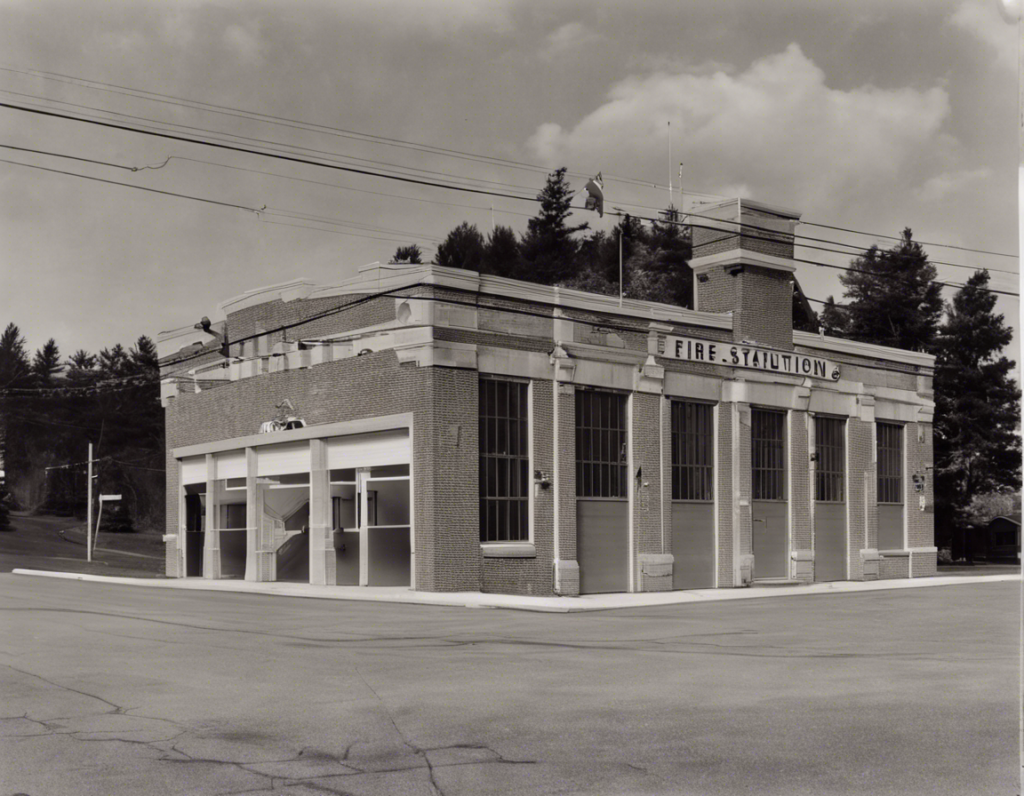Fire Station Ishpeming: Your Go-To Resource for Safety
Living in Ishpeming, Michigan, brings with it the reassurance of having the local fire station ready to respond in case of emergencies. Being aware of the services provided by Fire Station Ishpeming and understanding key safety tips can help residents prepare for unexpected events and enhance overall safety within the community. In this comprehensive guide, we will delve into the various services offered by Fire Station Ishpeming and provide essential safety tips for residents to mitigate fire hazards and ensure a swift response in times of crisis.
Services Offered by Fire Station Ishpeming
-
Emergency Response: Fire Station Ishpeming is equipped to respond to a wide range of emergencies, including fires, medical incidents, hazardous material spills, and natural disasters. The station is staffed with highly trained firefighters and EMS personnel who are ready to provide immediate assistance in critical situations.
-
Fire Suppression: One of the primary functions of Fire Station Ishpeming is fire suppression. Firefighters are trained to combat fires using state-of-the-art equipment and techniques to prevent the spread of flames and protect lives and property.
-
Emergency Medical Services (EMS): In addition to fire response, Fire Station Ishpeming offers EMS services to attend to medical emergencies. From administering first aid to transporting patients to healthcare facilities, the EMS team plays a crucial role in saving lives.
-
Community Education: The fire station engages in community outreach programs to educate residents about fire safety, emergency preparedness, and the importance of smoke alarms and carbon monoxide detectors. These initiatives aim to raise awareness and empower individuals to take proactive measures to prevent disasters.
-
Inspections and Code Enforcement: Fire Station Ishpeming conducts routine inspections of buildings to ensure compliance with fire safety codes and regulations. By identifying potential hazards and offering recommendations for improvement, the station contributes to enhancing overall safety within the community.
Fire Safety Tips for Residents
-
Install Smoke Alarms: Ensure that smoke alarms are installed on every level of your home and within bedrooms. Test alarms monthly and replace batteries as needed to maintain functionality.
-
Develop an Escape Plan: Create a detailed escape plan with designated evacuation routes in case of a fire. Practice the plan with all household members regularly to ensure everyone knows what to do in an emergency.
-
Keep Fire Extinguishers Handy: Place fire extinguishers in key areas of your home, such as the kitchen and garage. Learn how to use them effectively and have them inspected periodically to ensure they are in working condition.
-
Practice Kitchen Safety: Never leave cooking unattended, and keep flammable items away from stoves and ovens. In the event of a grease fire, smother the flames by covering the pan with a lid and turning off the heat.
-
Properly Dispose of Candles: Keep candles away from flammable materials and never leave them burning unattended. Opt for flameless candles as a safer alternative to traditional ones.
-
Maintain Heating Equipment: Have furnaces, chimneys, and other heating appliances inspected and serviced regularly to prevent malfunctions that could lead to fires. Keep flammable items at a safe distance from heaters and fireplaces.
-
Be Cautious with Electrical Appliances: Avoid overloading outlets and extension cords, and replace frayed or damaged cords promptly. Unplug appliances when not in use to reduce the risk of electrical fires.
Frequently Asked Questions (FAQs)
-
What should I do if there is a fire in my home?
In the event of a fire, evacuate immediately and call 911. Close doors behind you to slow the spread of flames, and avoid re-entering the building until firefighters deem it safe. -
How often should I replace smoke alarms?
Smoke alarms should be replaced every 10 years. Test alarms monthly and replace batteries at least once a year to ensure proper functioning. -
Is it necessary to have a fire extinguisher at home?
Having a fire extinguisher at home is highly recommended. It can be used to suppress small fires before they escalate, providing an additional layer of safety. -
What is the best type of fire extinguisher for home use?
For general home use, a multi-purpose fire extinguisher labeled as “ABC” is suitable for most common fire types, including wood, paper, liquids, and electrical fires. -
How can I prevent kitchen fires?
To prevent kitchen fires, never leave cooking unattended, keep flammable objects away from heat sources, and have a fire extinguisher readily available in the kitchen.
In conclusion, Fire Station Ishpeming plays a vital role in safeguarding the community through emergency response services and proactive safety initiatives. By familiarizing yourself with the services offered by the fire station and implementing key safety measures in your daily life, you can contribute to a safer and more resilient community. Stay informed, stay prepared, and prioritize safety to protect yourself and your loved ones from potential hazards.
